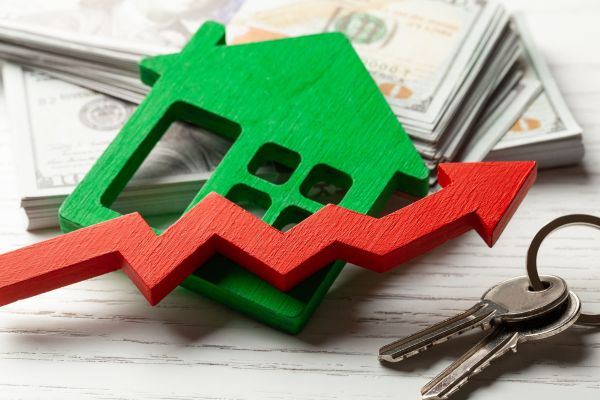As a high-income earner, you’re always looking for attractive investment opportunities. One such opportunity is investing in a Qualified Opportunity Zone (QOZ).
In this basic guide, we will discuss what QOZs are, the steps to invest in them, various risks and considerations, and potential tax benefits.
A Qualified Opportunity Zone is an economically distressed community that people can invest in to reap preferential tax treatment.
The steps for investing in a QOZ boil down to identifying a QOZ and finding a Qualified Opportunity Fund to realize the investment. Below are more details and tips on this process.
When investing in a QOZ, you should consider a few risks. For one, the distressed nature of QOZs comes with the potential for low returns or even investment loss if the area does not experience the expected economic growth.
Tax Benefits and Potential Returns
Investing in a QOZ provides several tax benefits. By investing your capital gains into a QOF, you can defer taxes on those gains until 2026 or when you sell your QOZ investment, whichever comes first.
What Is a Qualified Opportunity Zone?
A Qualified Opportunity Zone is an economically distressed community that people can invest in to reap preferential tax treatment.
The goal of a QOZ is to spur economic development and job creation in these underserved areas. Investments in QOZs can include real estate, businesses, and other qualifying assets.
Steps for Investing in a QOZ
The steps for investing in a QOZ boil down to identifying a QOZ and finding a Qualified Opportunity Fund to realize the investment. Below are more details and tips on this process.
1. Identify a QOZ
Start by researching and selecting a QOZ you’re interested in investing in. Use resources like the IRS to find eligible zones.
Start by researching and selecting a QOZ you’re interested in investing in. Use resources like the IRS to find eligible zones.
2. Choose Your Investment
Determine the type of investment you want to make within the QOZ. Common options include real estate development, investing in a business, or funding infrastructure projects.
Determine the type of investment you want to make within the QOZ. Common options include real estate development, investing in a business, or funding infrastructure projects.
3. Set up a Qualified Opportunity Fund
You must create a Qualified Opportunity Fund (QOF), which is a vehicle for investing in QOZs, either as an individual or through a partnership or corporation.
You must create a Qualified Opportunity Fund (QOF), which is a vehicle for investing in QOZs, either as an individual or through a partnership or corporation.
You can use some tips for finding QOFs, such as diversifying your investments and working with an advisor, to help streamline the process.
4. Invest in the QOF
You’ll need to invest your capital gains into the QOF within 180 days of realizing those gains. You can then use these tax-deferred funds to invest in one or more QOZ properties or businesses.
You’ll need to invest your capital gains into the QOF within 180 days of realizing those gains. You can then use these tax-deferred funds to invest in one or more QOZ properties or businesses.
5. Monitor Your Investment
Keep track of your investment, as ongoing management and reporting are required for QOZ investments to maintain compliance with IRS regulations.
Keep track of your investment, as ongoing management and reporting are required for QOZ investments to maintain compliance with IRS regulations.
Risks and Considerations
When investing in a QOZ, you should consider a few risks. For one, the distressed nature of QOZs comes with the potential for low returns or even investment loss if the area does not experience the expected economic growth.
Secondly, local regulatory or zoning issues could be associated with the specific investment, impacting its success.
And lastly, QOZ regulations may change in the future, resulting in unforeseen consequences for your investment. Stay informed about any proposed changes in legislation to avoid complications.
Tax Benefits and Potential Returns
Investing in a QOZ provides several tax benefits. By investing your capital gains into a QOF, you can defer taxes on those gains until 2026 or when you sell your QOZ investment, whichever comes first.
Also, if you hold your QOZ investment for 5 years, the taxable portion of the original capital gains reduces by 10 percent. If you hold it for 7 years, the reduction becomes 15 percent.
And if you hold your QOZ investment for at least 10 years, you can avoid paying taxes on any additional gains realized from the QOZ investment.
Knowing how to invest in a Qualified Opportunity Zone can help high-income earners leverage the tax benefits and potential returns of this unique investment opportunity.
Knowing how to invest in a Qualified Opportunity Zone can help high-income earners leverage the tax benefits and potential returns of this unique investment opportunity.
If this is an investment opportunity you’re interested in, start identifying potential QOZs and their respective QOFs today!







